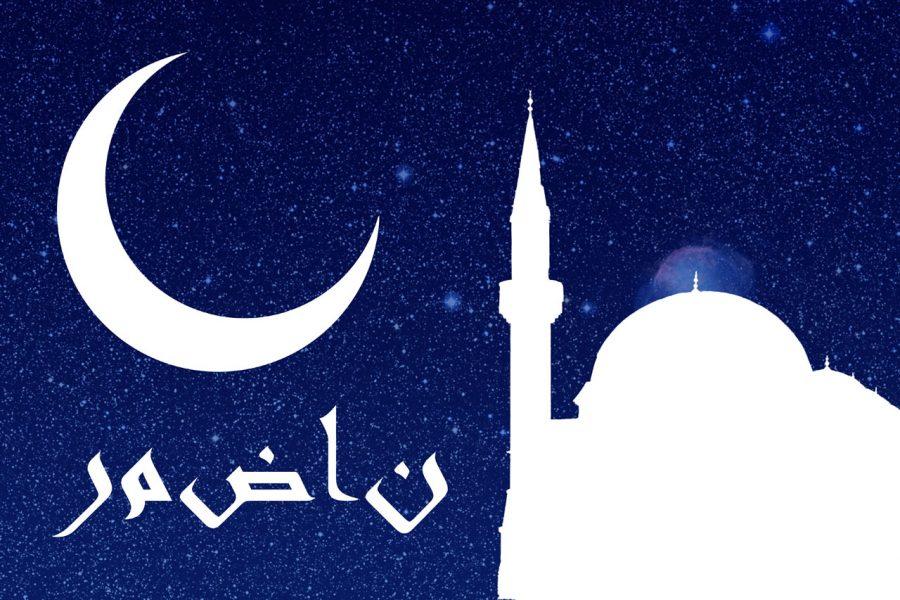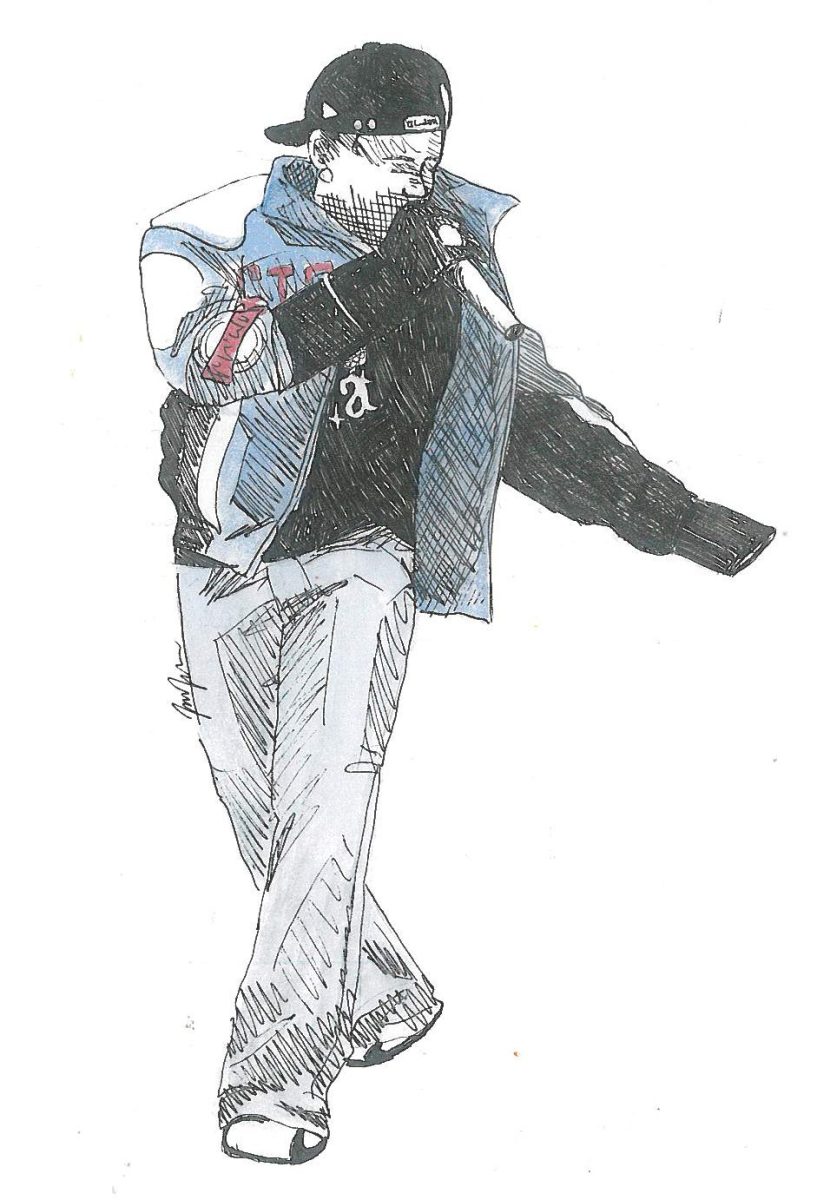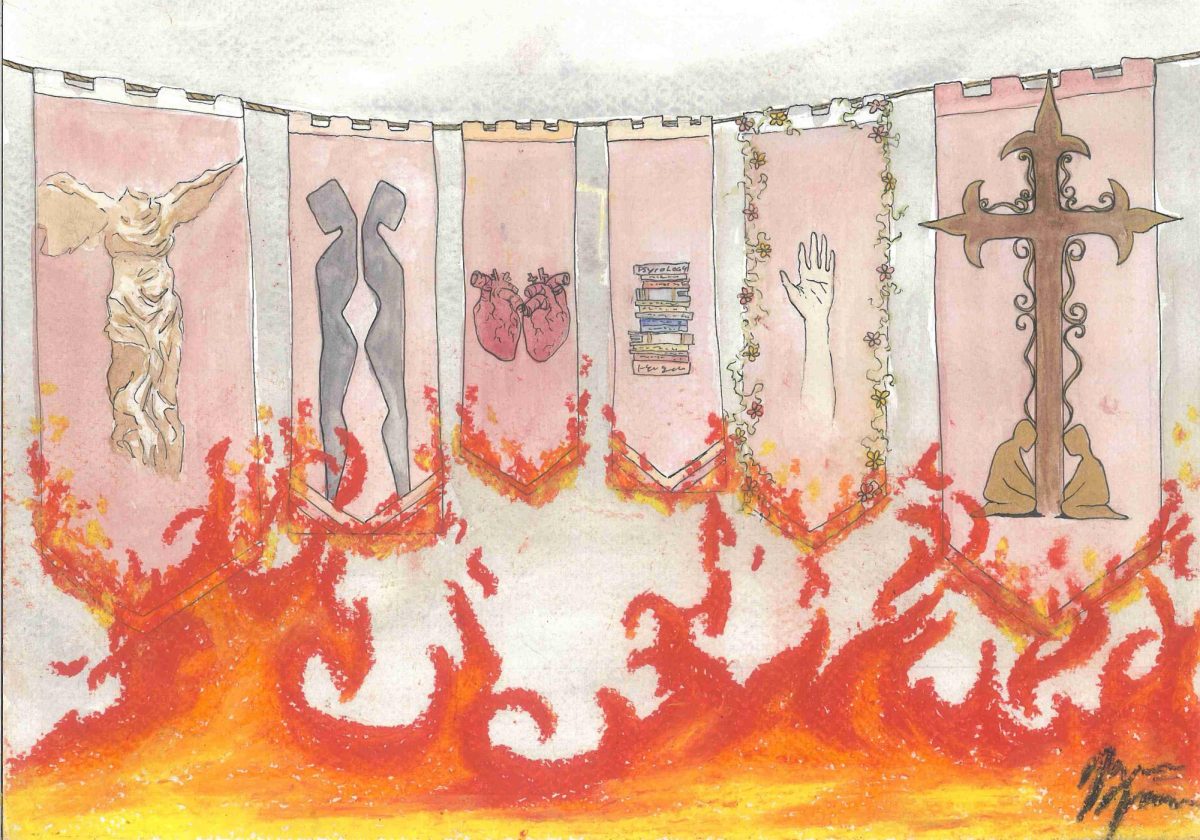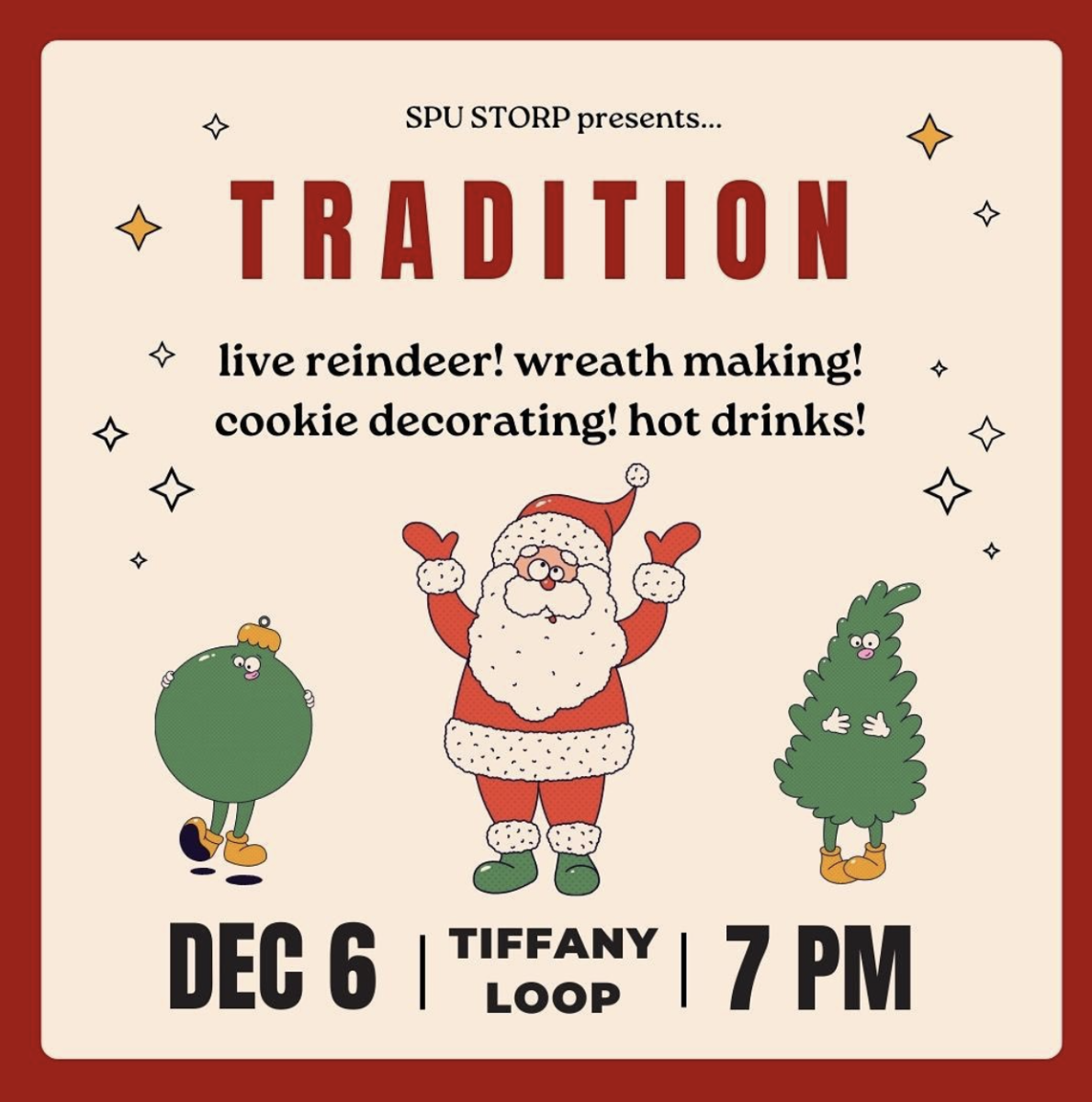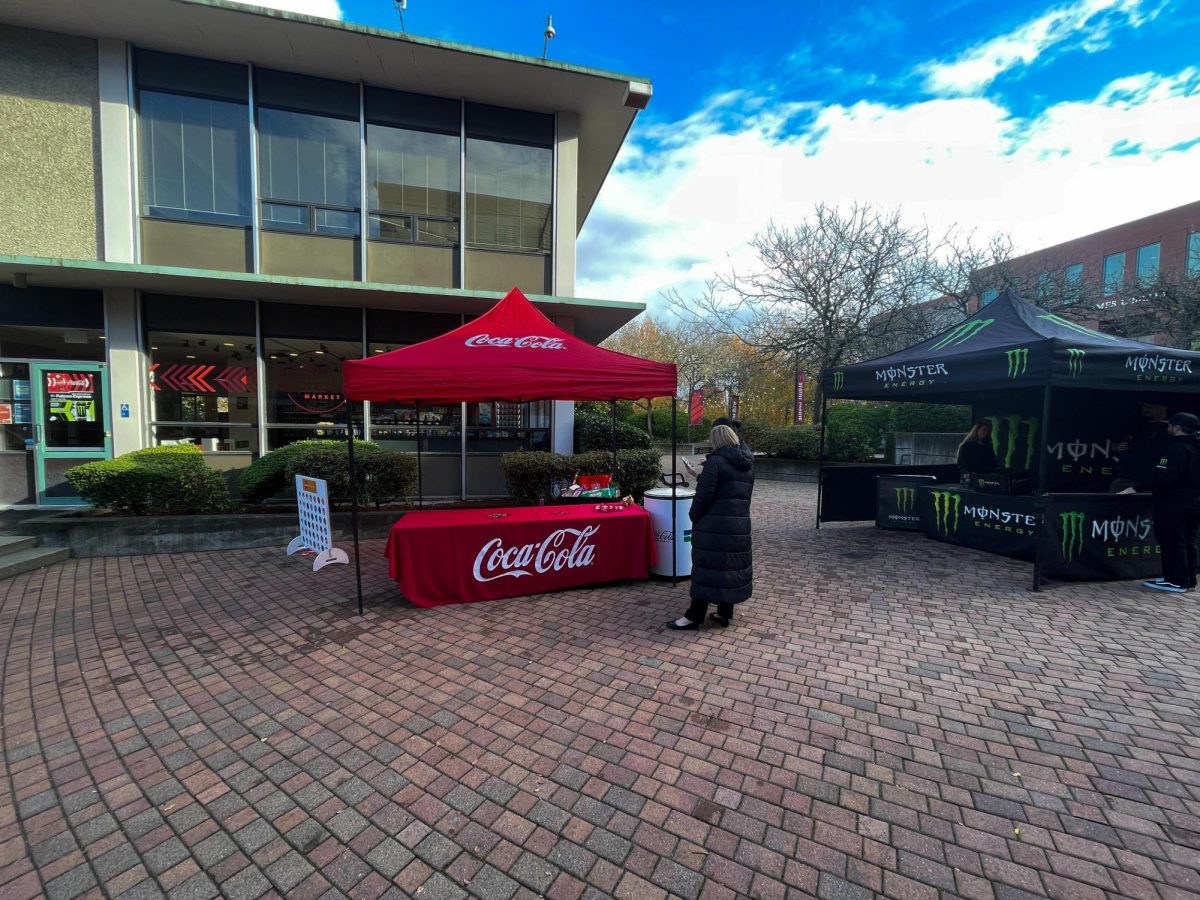Between the essays, assignments, unexpected (or forgotten) due dates and the compulsory sleep deficit, it has been hard to fast this month, but it has been worth it.
For the last 23 days, I have been observing Ramadan. If you aren’t familiar with the Islamic month of Ramadan, I would suggest looking it up yourself, but the main element of the tradition involves fasting from sunup to sundown.
I originally took on this project with the hopes of gaining a better understanding of the experience of being Muslim in a Christian society.
After growing up going to Mass and having the advantages of practicing and understanding the dominant American religion, I wanted to see what it would be like to be temporarily associated with a religion demonized by both secular and Christian Americans.
But what I have ended up learning from my experience thus far is an immense appreciation of the cultural significance of food.
This appreciation stems from the fact that during this past few weeks I, for the most part, have eaten alone.
It turns out that 8:50 p.m. is not the ideal dinner time for my girlfriend, or for most people.
It turns out that not many people are making hashbrowns at 5:03 a.m. and nervously looking at their phone to make sure the sun stays down.
I’ll look up from my meal in an unfulfilled hope for evidence that someone else on Galer Street is also eating an early breakfast.
More than the hunger, it is the isolation that makes this project so difficult.
However, the isolating aspect of taking on a food schedule that alienates me from others that I would normally eat with has caused me to value how food connects us; it is a component for intimacy in interpersonal relationships.
The most important thing that Ramadan has helped me learn is that food is far more than fuel.
Food is the scaffolding around which we organize our days.
Food is an essential shared experience, an expression of community. It is not until you are not eating that you realize how much everyone loves to eat and how important eating is beyond nutrition.
It was not until I have had to turn down all the pizza and (free) coffee offered by people close to me that I have more fully understood the intimacy behind food sharing.
Sharing food is an expression of love that is ancient, and far more meaningful than sharing memes or a Lyft. Because we need food to survive, sharing food really is sharing life.
Attending an interfaith Iftar (breaking fast) at the Muslim Association of Puget Sound Mosque in Redmond helped me to see the joy and value of a unified meal.
At this event, the pleasure of digging in to the curry and then the baklava together was intensified by our knowledge of each other’s hunger.
Food means more when we sit together, not when we sit in front of our laptops or phone just trying to get full.
With this being said, although food has a significant communal function, there is still the need to eat the right foods.
Eating poorly for a week is the equivalent of eating poorly for one meal during Ramadan. If I have one unhealthy or fatty meal, my entire digestive system becomes very messed up.
My bowels speak from experience.
Upset stomach or not, it is important that we learn to value our food as more than a portable battery intended to recharge us before class or work.
The fact of the matter is that we take our food for granted. Not just in that we are privileged to eat on a daily basis, but that that we have the ability to eat together
Fasting is not for everyone. Headaches, nausea and even, depending on the weather, melancholy are to be expected when going without food or water for an extended period of time.
But fasting during Ramadan is worth it because it is an opportunity to reevaluate our relationship with food.
So every time I am offered gum, every time that I forget that I’m fasting and think about what I am going to eat when I get back to my apartment, every hour that my lips turn dry, I appreciate and learn about the food that I am not eating.














































































